I’ve always believed in the transformative power of travel, but there’s one journey I keep hearing about where fifty percent of the participants call it the single most personally and spiritually significant experience of their lives and 90% rated it as amongst their top five experiences. That trip is a plant based medicine retreat, pun intended.
I’ve heard stories of this experience helping veterans with PTSD recover at rates that traditional therapy doesn’t ever approach. I know in my life, I have faced darkness, like my father’s suicide when I was a young girl growing up in suburban Denver. I have often wondered if a program like this would have helped me to heal quicker. A chance meeting with Jonathan de Potter, founder of one of the world’s leading high-end plant medicine retreats – Behold Retreats – gave me an opportunity to ask him some serious questions about plant based medicine. His answers were so insightful, that I wanted to share them with you, without advocacy or bias.
This article is nothing more than Jonathan’s answers to our questions. He describes himself as an advocate for mental health, a lover of ideas, and a reformed strategy consultant. He’s also an eloquent writer, and I feel richer for my time talking with him. Hopefully, you’ll feel the same after reading our interview.

What is a plant-based medicine retreat?
Plant-based medicine retreats vary from place to place but they often consist of eco-friendly centers immersed in nature and offering ceremonies utilizing either Ayahuasca, psilocybin, San Pedro, Peyote or Iboga, vegetarian meals, an encouraged digital detox and wellness practices such as yoga, meditation and breathwork.
Ceremonies are typically facilitated by Shamans, healers, and/or therapists and take place all over the world, although there are only a select number of countries where plant medicine ceremonies are legal. Typically retreats are about a week long and will include two to four ceremonies depending on the location and tradition of the retreat center. Many ceremonies follow an ancient tradition of musical rituals passed down from many generations of utilizing plant medicines as tools for healing, growth, and transcendence.

How do plant-based medicine retreats help you?
Results do vary from individual to individual. That being said, as part of related research at Johns Hopkins University, ~50% of participants rated their retreat experience as “the single most personally and spiritually significant of their lives”. 90% rated the experience as amongst their top five. From growth and well-being to creativity and compassion, the spectrum of benefits is varied and wide. Ultimately, these benefits are a byproduct of better self-understanding. Plant medicine retreats have also helped to cure people with anxiety, depression, PTSD, apathy, lack of direction, negativity and so much more.
There are two decades of research from leading institutions supporting safety and benefits from plant medicine to accelerate long-lasting psychological growth in areas such as cognition, creativity, life satisfaction, clarity of purpose, mood and behavior, relationships and wellbeing.
The experience of fully being with oneself while uncovering often archived aspects of the psyche can be quite impactful and revealing. It is also quite common to receive downloads of information, vivid visuals and an amplification of subconscious activity. Many receive answers to unresolved issues as well as healing with unprocessed trauma of the past.
What kinds of plant-based medicine retreats are there in the world?
As plant medicine becomes more widespread globally, so do the kinds of retreats available. As aforementioned, typically ceremonies utilizing either Ayahuasca, psilocybin, San Pedro, Peyote or Iboga are being offered.
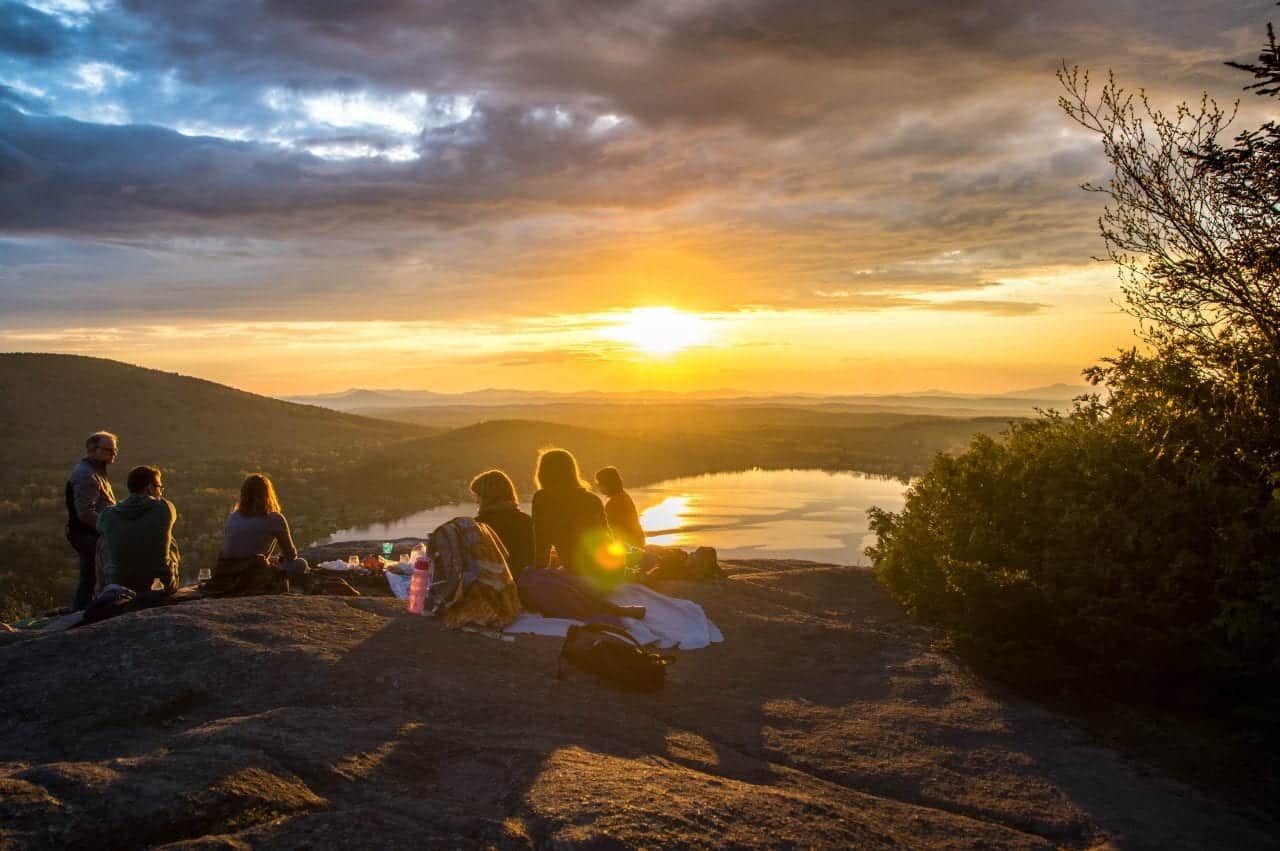
What is the difference between Ayahuasca and Magic Mushrooms? Do they affect different people in different ways?
The psychoactive ingredients in Ayahuasca (DMT) and Magic Mushrooms/Truffles (psilocybin) are very similar. DMT is a functional analogue and structural analogue of psilocybin.
Ayahuasca is a brew made from the leaves of the Psychotria viridis shrub along with the stalks of the Banisteriopsis caapi vine. The drink was used for spiritual and religious purposes by ancient Amazonian tribes and is still used by tribes today. Psilocybin mushrooms have also been used for centuries, as archaeological evidence suggests that the use of magic mushrooms dates as far back as 9,000 BCE.
Based on recent research, Ayahuasca and Magic Mushrooms appear to have similar beneficial effects on users. Ayahuasca is considered a heavier physical experience as there is often a purging element and the effects are longer-lasting than psilocybin. Their main differences lie in the subjective experience.
According to Terrance McKenna, users tend to agree that Ayahuasca provides more spiritual guidance than mushrooms. While the hallucinations produced by both substances may be similar, some people find that ayahuasca journeys are more counselling. But the actual interpretation of a journey, of course, is always subjective. Some people might find the opposite to be true. It has also been suggested that Mushrooms provide a somewhat more gentle experience.
How does plant medicine affect the brain?
Plant medicine such as psilocybin and ayahuasca, promotes neurogenesis, which is the growth of new neurons, as well as new neuronal connections. Through those new neurons and connections, we’re facilitating information, exchange and reconciliation between parts of the brain that normally do not communicate.
Along with that, there’s a deep compartmentalization in our neuroplasticity. So we’re effectively regaining aspects of our brain function, which is really believed to be the root cause of the sustained benefits that we see coming out from this research.

What do you do to get ready for a retreat? / How do you prepare for the retreat?
There are two major aspects of retreat preparation. The first being the diet and energetic detox leading up to the retreat. The second is mental and emotional preparation.
The diet and detox will vary depending on the medicine and tradition, but typically this means a diet without red meat, dairy, alcohol, processed foods, and food that is high in sugar, fat, spice and salt. It will include many fruits, vegetables, and whole grains. It is also important that you stop taking certain medications and drugs a minimum of 6 weeks in advance that could interact with the medicine, which should be advised by the retreat center. Energetically you may be asked to avoid sexual activity, media use, and adrenaline inducing activities.
Asides from the practical preparation comes the mental and emotional work. Here is where guidance by a professional is truly very important. Becoming aware of negative thought patterns, releasing lower level emotions, and addressing past traumas can make a tremendous difference on your journey. Additionally, managing expectations, setting clear intentions, and putting in the energetic work to define your future self all are important processes that will help to maximize your experience.

What is it like at the retreat?
The retreat can be one week, sometimes two weeks, depending upon your preferences. And you want to be completely immersed in that. You don’t want to be dealing with Skype, calendar meetings, work, etc. You want to really switch off.
Retreats can be private, in a small group, or a large group. You often meet for a 1:1 consultation with a healer before the ceremony, and are given plenty of time for reflection. Whether you are in the Amazon Jungle or the Dutch countryside, you will be immersed in nature and stillness. The food is typically locally sourced, organic, and vegan. Retreat centers might have options for things like body work, yoga classes, spa amenities, nature walks, and sharing circles. There are usually between 2-4 ceremonies during the retreat, with days off in between for rest and integration workshops.

Do you do other activities at the retreat besides the plant based medicine journey?
Depending on the retreat and the location of the retreat there are usually activities such as yoga, meditation, integration workshops (such as art therapy), body work ( such as massage), energy work (such as Tai Chi), somatic therapy, sound healing, trauma informed work, and rainforest or ethno botanical walks.
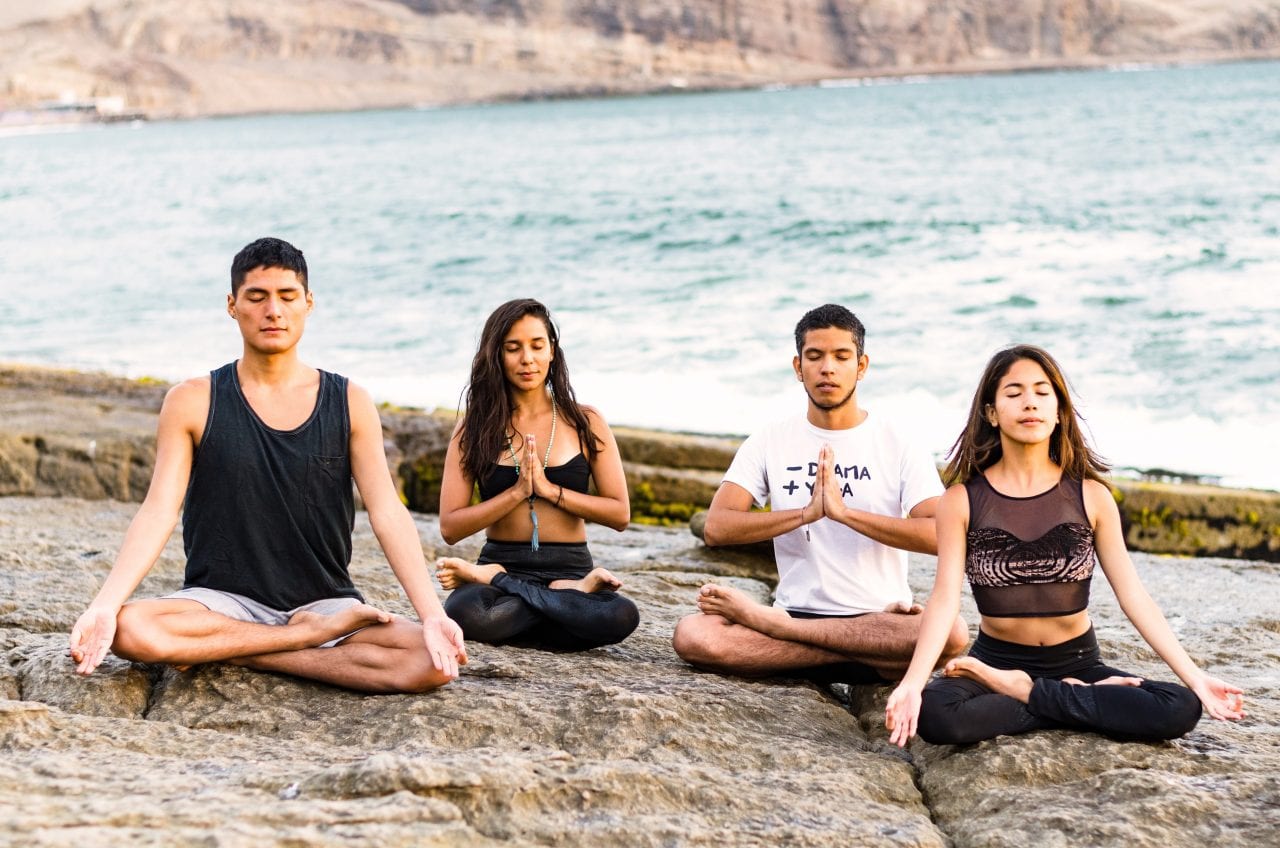
What do you do after you return home?
There is a very important thing to note here- do not make any important decisions in the first two weeks after returning home. You might have had a massive revelation and want to tell your parents or partner, etc. what you have experienced. You might want to quit your job. Take some time to process and allow the medicine to continue to provide insights in the days to come and remember and honor that everyone is in the same world you left them in.
Be easy and gentle on yourself. Self-love and self-care is important. Boundaries are important. It is good to have a support system when you return, whether that is a loved one, friends, a therapist or coach. You don’t need to explain your experience to anyone if you don’t want to. Telling someone right away what you saw and what it could mean for you, could preemptively define the experience and limit the potential of the message. Take your time and allow yourself to process.
This is where integration practices and support are extremely important. You may have received incomprehensible messages, downloads of vast information, new insights and perspective shifts, or perhaps you may have even re-visited repressed traumas. This is where having a therapist/coach is instrumental for your growth. It’s important to create space and practices to align yourself with these new ways of thinking and to allow for healing and transformation to take place. Meditation, journaling, rituals, dreamwork, artwork, and breathwork are all examples of things you can do to help integrate your experience.
What would a good plant-based retreat experience be?
A good plant-based retreat experience would be at one of our approved centers with the aforementioned aspects and where you make improvements to your life as a result through proper integration since it can be easy to “go back to square one” following even the most amazing retreat.
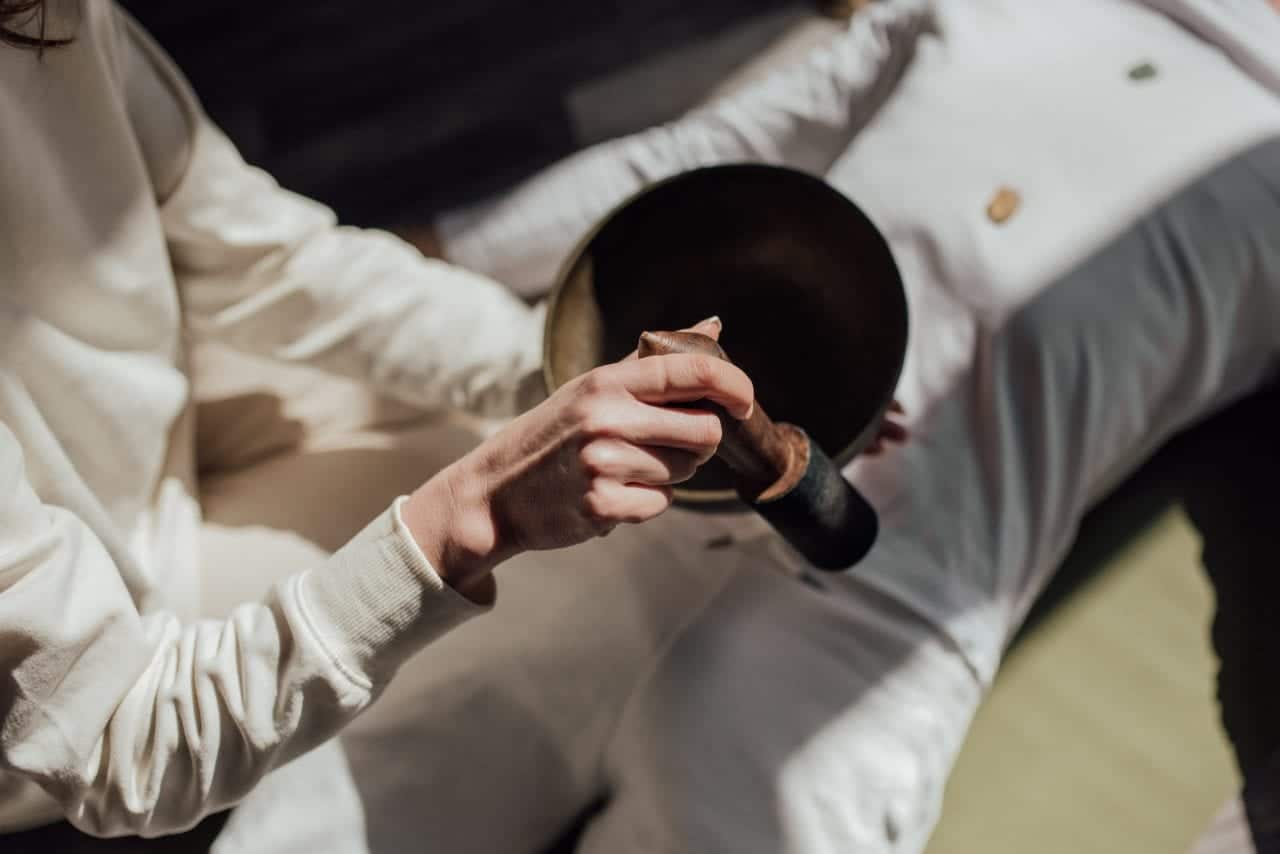
How does the ‘holy trinity’ of counseling, coaching, and the retreat affect people’s experience?
Some people think that you can attend one retreat and immediately your life will be changed forever. This work is quite deep. It’s quite complex. And it’s by no means a quick fix.
Here’s the truth about plant medicine. With the proper guidance, preparation and integration around the retreat, it’s possible to make massive progress in a short space of time. Unfortunately, the majority of retreat participants find themselves back to square one following a retreat, and the deeper opportunity and benefits are being missed.
People are heading to the retreat, but they’re not taking the time and energy to prepare appropriately. People are having breakthroughs on these retreats, and so progress always feels amazing. But often what happens is that the integration is being overlooked. Once you’ve returned home, a couple of weeks later, a month later, life returns to normal. All of those environments and dynamics at home haven’t changed. You’re still driving to work. You’re still dealing with your friends and your family, and they all expect you to be the same person.
There are a few dynamics here at play. The first is that we have pretty much universally all of us have some past trauma and certainly limiting beliefs and small small incidents can actually have quite a profound impact. The second dynamic is that we have intergenerational trauma; our parents were traumatized, and their parents are traumatized, and so forth. There’s a bit of a pattern of trauma that’s being passed down through the generations, which affects nearly all of us. It’s very common through working with plant medicine that people uncovered these suppressed and repressed memories that are often locked deep in the subconscious. And sometimes clients ask, well, why would I want to uncover those things? Well, those things are manifesting in our character. And so whether they manifest as anger or pride or envy or whatever other emotions, they are coming through our character. Sometimes we don’t understand the reasons for why we’re acting in particular ways and so that medicine can really help us to discover those things, kind of unlock those memories, reconcile the past and really accept what has happened and leave it in the past.
The third dynamic is that we’re really not particularly well equipped to deal with the complexity of modern life. We have so much going on in our personal and professional lives that our thinking minds really struggle to keep up and to manage with that everyday complexity. What starts to happen is that our brain begins to take shortcuts in order to deal with that complexity almost as kind of an energy efficient mechanism. You can’t possibly take in all of the stimulus of everything that’s happening in the world or in your personal life. And so you begin to take shortcuts in your thinking because there’s just so much going on. That sounds like a positive adaptive response, but in reality, what tends to happen is that we come to use a very small subset of our neural pathways. So we’re actually losing some of our brain function because our thinking has become a little bit deterministic or overly patterned, which is a real pity.
So now you have this big breakthrough of, say, universal love, and then you land straight back to where you are now. Why is that? Well, it’s often because we haven’t been guided to release certain emotions, process trauma and overcome limiting beliefs. It’s super important to do high quality mental and emotional work so that we can come into retreat with the right context. And in order to rewire your brain and to strengthen these new neural pathways that have been created during your experience, it is imperative to properly integrate post-retreat so that you don’t revert back to the short-cuts your brain was once taking.

How does choosing the right retreat mitigate bad experiences and help create sustained growth?
Remember that you’re fundamentally rewiring your neural pathways. Choose your retreat and therapist like you would your hospital and neurosurgeon. This is still a nascent ecosystem with no standards in place. Safety is a real concern because a lot of these retreat centers are quite small businesses and they don’t often keep up with some of the contraindicated medicines, etc. By working with experts who are not only screening for physical conditions and family medical history, but also getting to know your psychological state well before booking your retreat, you can avoid the problems that may arise with certain conditions.
Beyond the safety basics there is the level of energetic quality. If you look at the Kofman review websites for plant medicine retreats, you can see that everyone is having amazing experiences. You can see that every single one of them has four point nine stars or five stars. But this is spiritual work, it’s very deep and complex work. And so people are clearly having great experiences at these plant medicine retreat centers. But it’s also the case that there is variability in the quality of work. It’s just that it’s very difficult for the untrained eye to be able to know, to know what good looks like, and it is challenging to find high-quality guidance.
Finally, if a retreat center does not offer support before and after the retreat, you really run the risk of things going wrong during or after the retreat. Most people are skipping the necessary mental and emotional work, and the ego can be super sneaky and convince itself that it’s making progress. It is super common for people a month later to say, “OK, I’m ready for another retreat.” What’s important here is that each retreat serves as a foundation for improvement to quality of life. And if that’s not the case, it’s worth changing something in terms of the preparation, guidance, or the integration process so that we make sure that each of those experiences is improving our lives and elevating our consciousness as well.

What would a typical bad experience be like at a quality retreat?
With plant medicine often comes a really good look into the parts of ourselves we sometimes refuse to see—some refer to this as “a dark night of the soul” and it’s quite common to have to face a bit of darkness that we’ve conveniently swept into the subconscious carpet of denial in order to heal these parts and expand. What could be deemed as “bad” is actually more properly defined as “challenging” simply because the plants typically give us what we need and not necessarily what we want and it can be very challenging to truly see ALL of ourselves.
A “bad” experience at a quality retreat is a bit of an oxymoron but bad experiences do happen and it’s typically due to a lack of safety and quality practitioners which is why choosing the right retreat company is such an essential piece of the puzzle.

How do you choose a plant-based retreat?
From a safety perspective, make sure that you’re going through a very high quality medical screening and that safety is being taken seriously. Don’t be afraid to ask questions in relation to the preparation, practitioners, medicine, integration, and protocols. Do your research and ask for reference checks to speak to previous clients in order to really understand what their journey has been like and whether they’ve been able to elevate their consciousness. What improvements have they actually made to the quality of their everyday life?

How would you expect a plant-based retreat to change your life?
You could expect overall greater life satisfaction, improvements to your mood, behavior, and overall well-being. The way you think and relate to yourself and others could change, and you could feel more vibrant on a physical, emotional, and spiritual level. You might feel a sense of belonging and interconnectedness with loved ones around you, enhancing and enriching those relationships. You might get a real sense of your purpose or mission in life here, along with clarity and passion for the work you do. You could find yourself with more financial freedom and leisure time. And you can expect to live every day with more love, joy, and inner peace.
Wrapping up our Plant Based Medicine Interview with the Founder of Behold Retreats
After many long conversations with Jonathan, I am even more curious about plant based medicine than I was before. Can I really face my trauma loops without being consumed by negative emotions? Is this a way to break free from dark thoughts that are buried deep inside and impacting my daily life? Can I really begin a journey of self-discovery and transformation to unlock my full potential?
Everybody’s questions and motivations are different, and I am not an expert. But, if you want to learn more, Behold Retreats offer a free consultation, that might help you on your journey.
I want to end by thanking Jonathan for his time in answering my questions, and all of you for your time in reading his responses. Namaste – the divine in me honors the divine in you. I encourage you to set an intention to make the world a better place, by living every day with more love, joy, and inner peace.
Note: With all wellness experiences (alternative or not), be sure to consult your doctor or the wellness retreat’s physician before undergoing any treatments. This article is for informational purposes and should not be used as a substitute for professional medical advice, diagnosis, or treatment
Like it? Pin it for later on Pinterest!
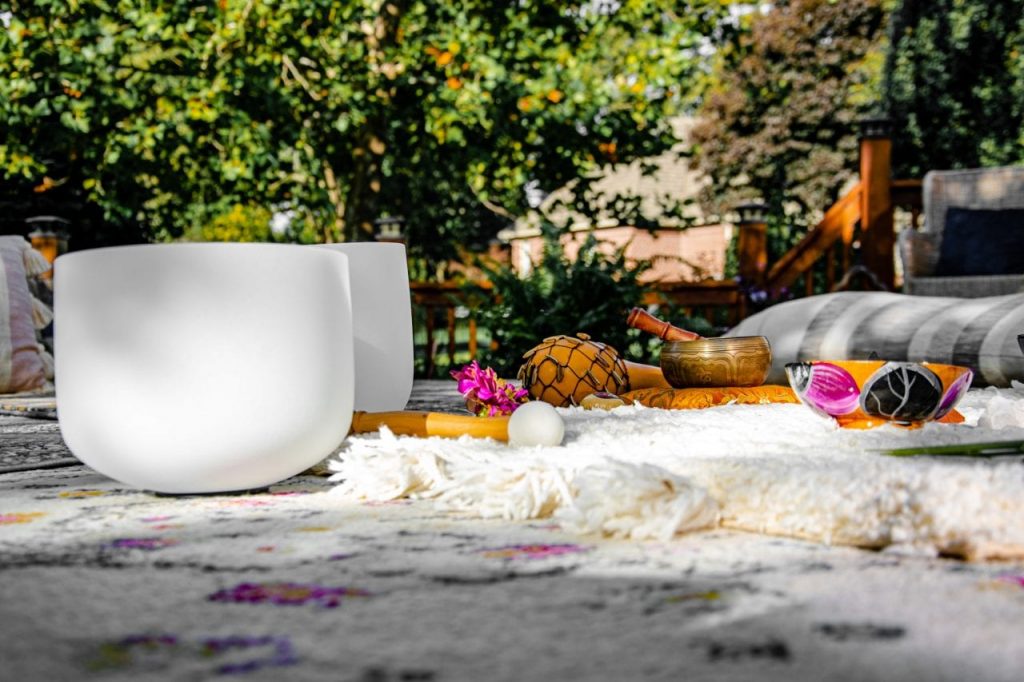


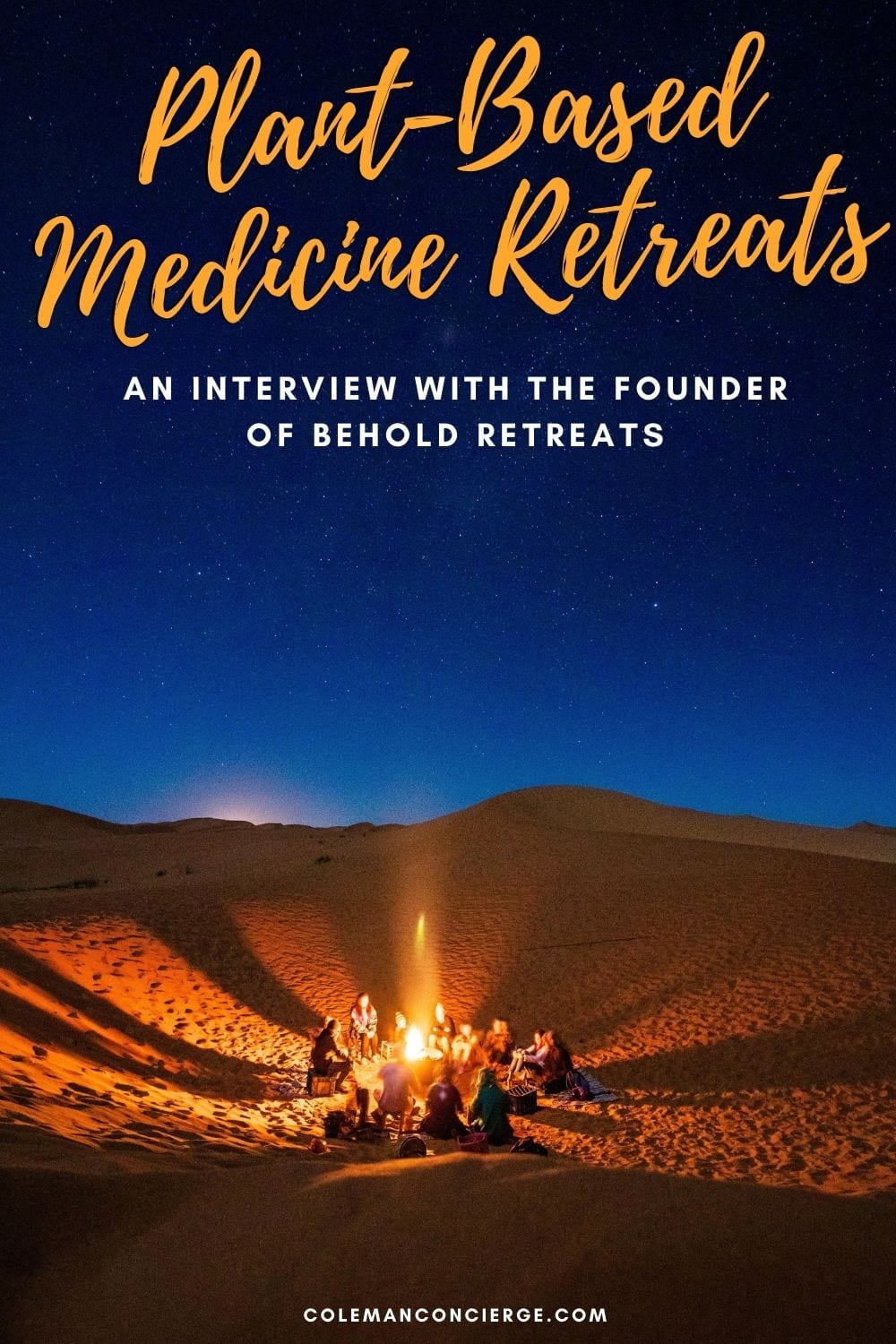

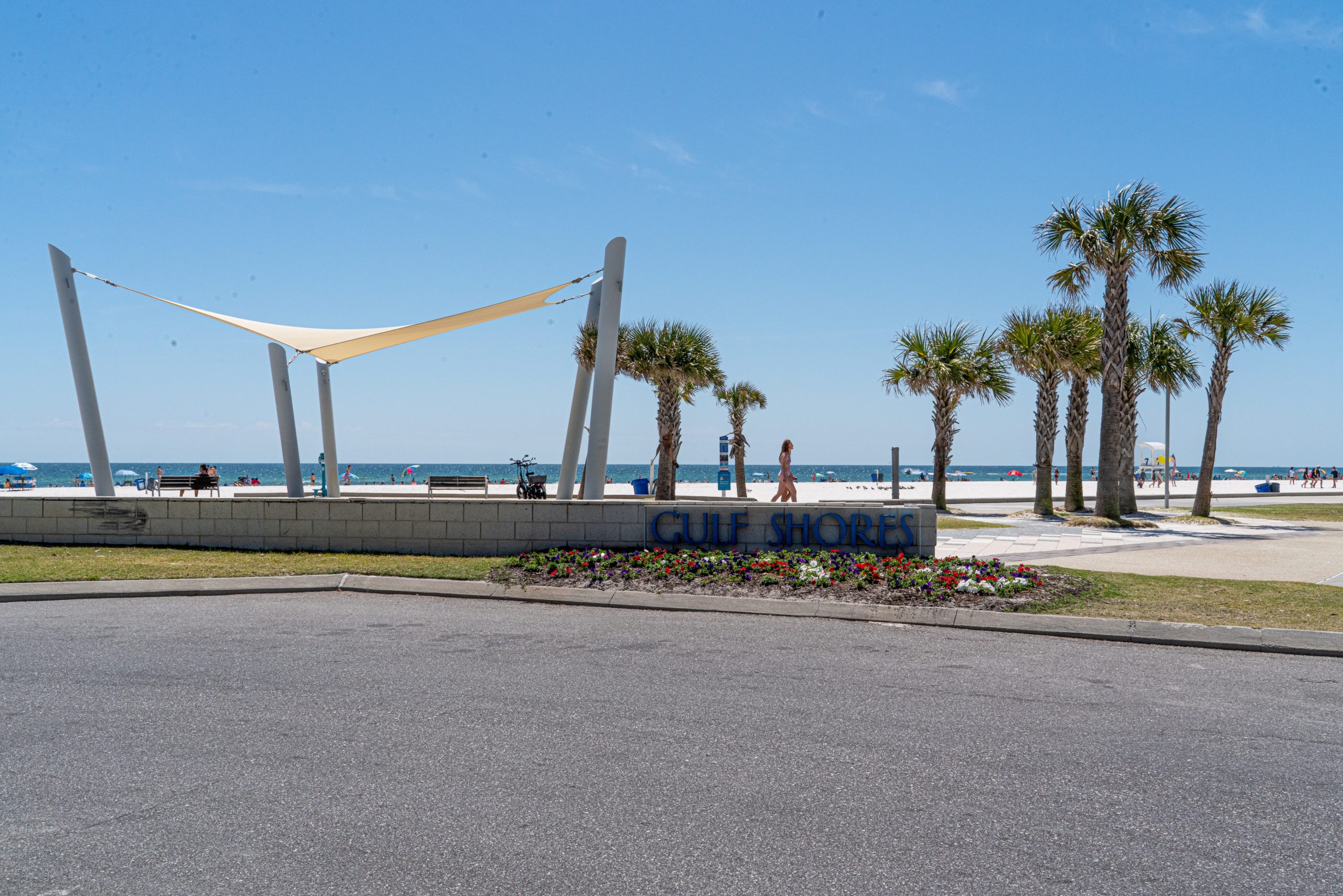
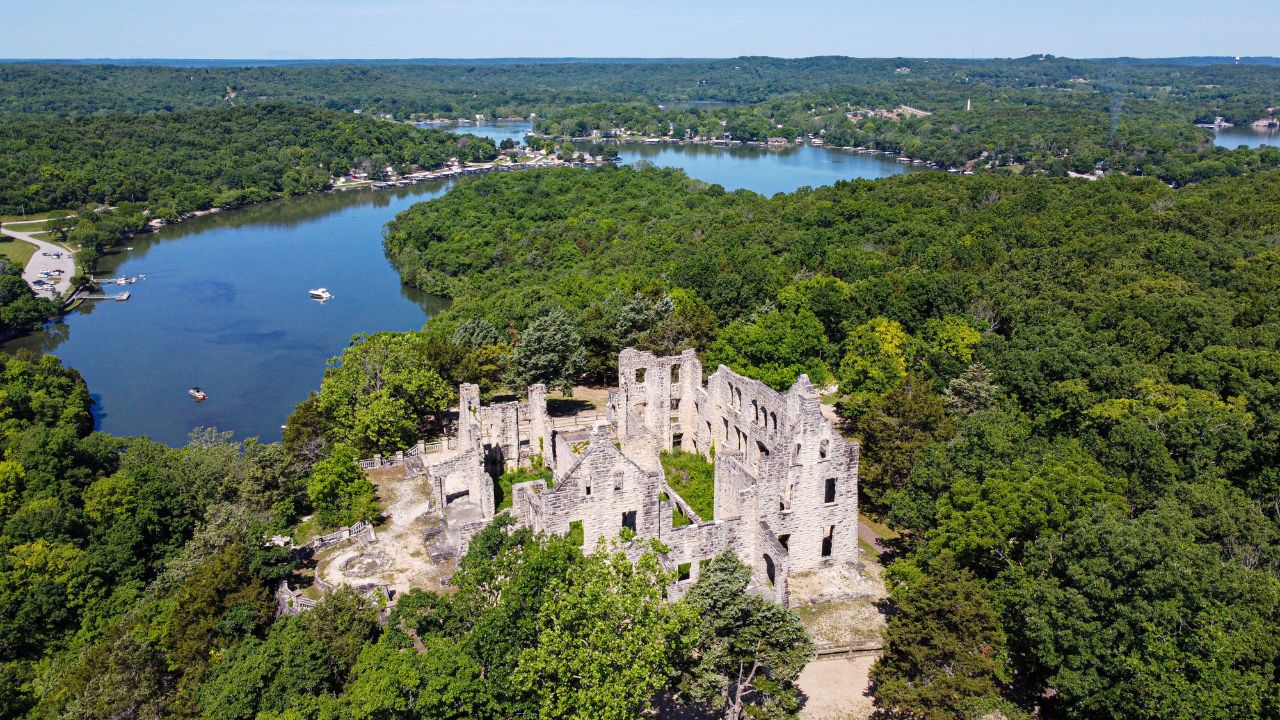
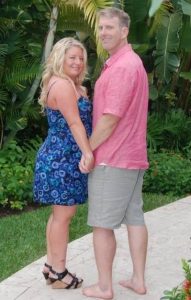 Hi! We are Jenn and Ed Coleman, and together we are Coleman Concierge. It is our goal to inspire you to get out, expand your world, and to seek adventure, even in your own backyard.
Hi! We are Jenn and Ed Coleman, and together we are Coleman Concierge. It is our goal to inspire you to get out, expand your world, and to seek adventure, even in your own backyard.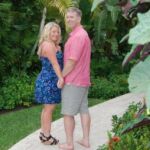



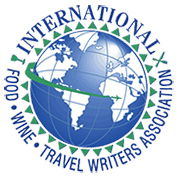









2 Responses
This is such an informative and eye-opening interview! It’s amazing to see how plant-based medicine retreats are becoming more popular and accepted as a form of healing and self-discovery. I appreciate the founder’s transparency and honesty about the challenges and benefits of this type of retreat experience.
We agree and look forward to a time we can experience one of Behold’s Retreats for ourselves!